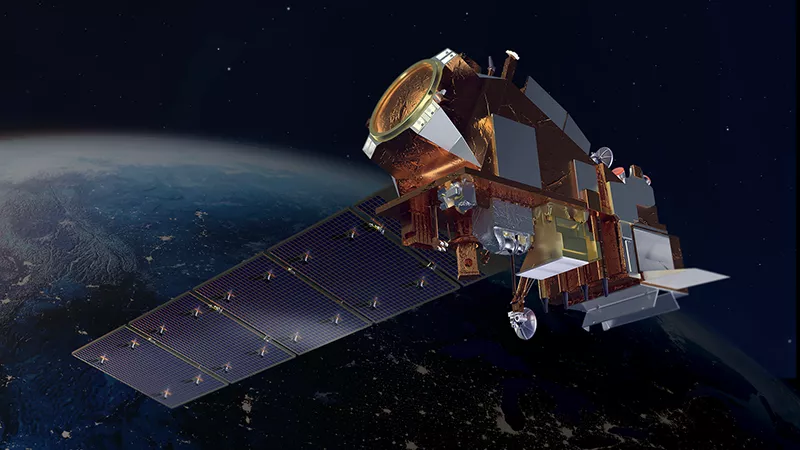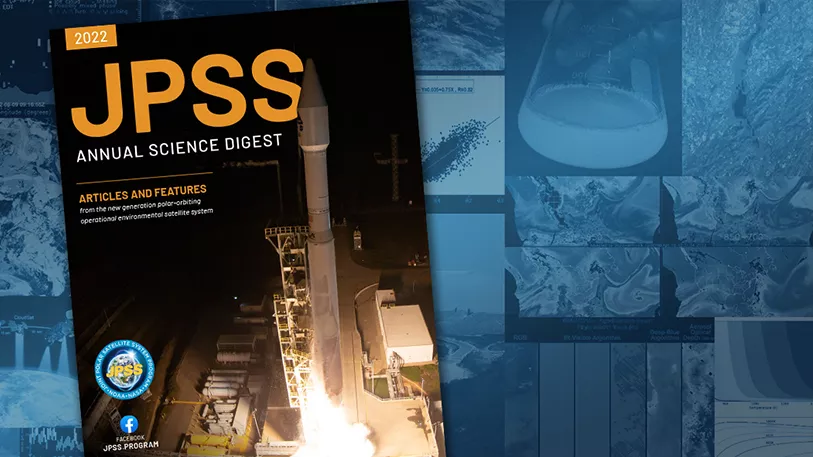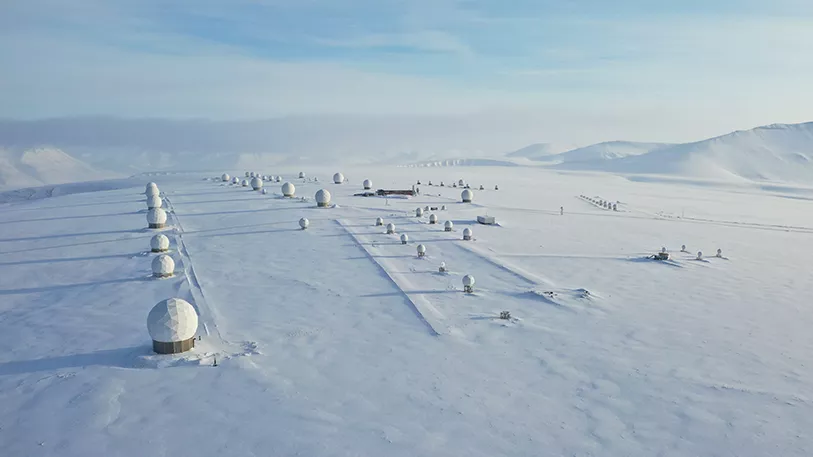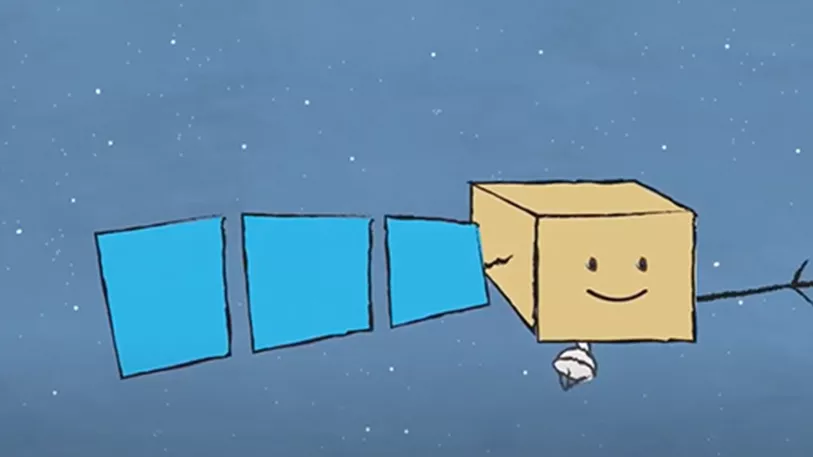The Mission
NOAA’s Joint Polar Satellite System (JPSS) provides global observations that serve as the backbone of both short- and long-term forecasts, including those that help us predict and prepare for severe weather events. The five satellites scheduled in the fleet are the currently-flying NOAA/NASA Suomi National Polar-orbiting Partnership (Suomi NPP) satellite, NOAA-20, previously known as JPSS-1, NOAA-21, previously known as JPSS-2, and the upcoming JPSS-3 and JPSS-4 satellites.
JPSS-4, to be renamed NOAA-22 in orbit, will be the next JPSS satellite to launch, with a launch readiness date of 2027. In addition to the four instruments flying on NOAA-21, JPSS-4 will include Libera, an instrument that will improve our understanding of trends in Earth’s energy imbalance and our changing climate.
JPSS satellites circle the Earth from pole to pole and cross the equator about 14 times daily in the afternoon orbit to provide full global coverage twice a day. In doing so, they provide the majority of data that informs numerical weather forecasting in the U.S. and deliver critical observations during severe weather events like hurricanes and blizzards.
Explore
Key Facts

JPSS-4 is the next satellite to be slated to launch in 2027.
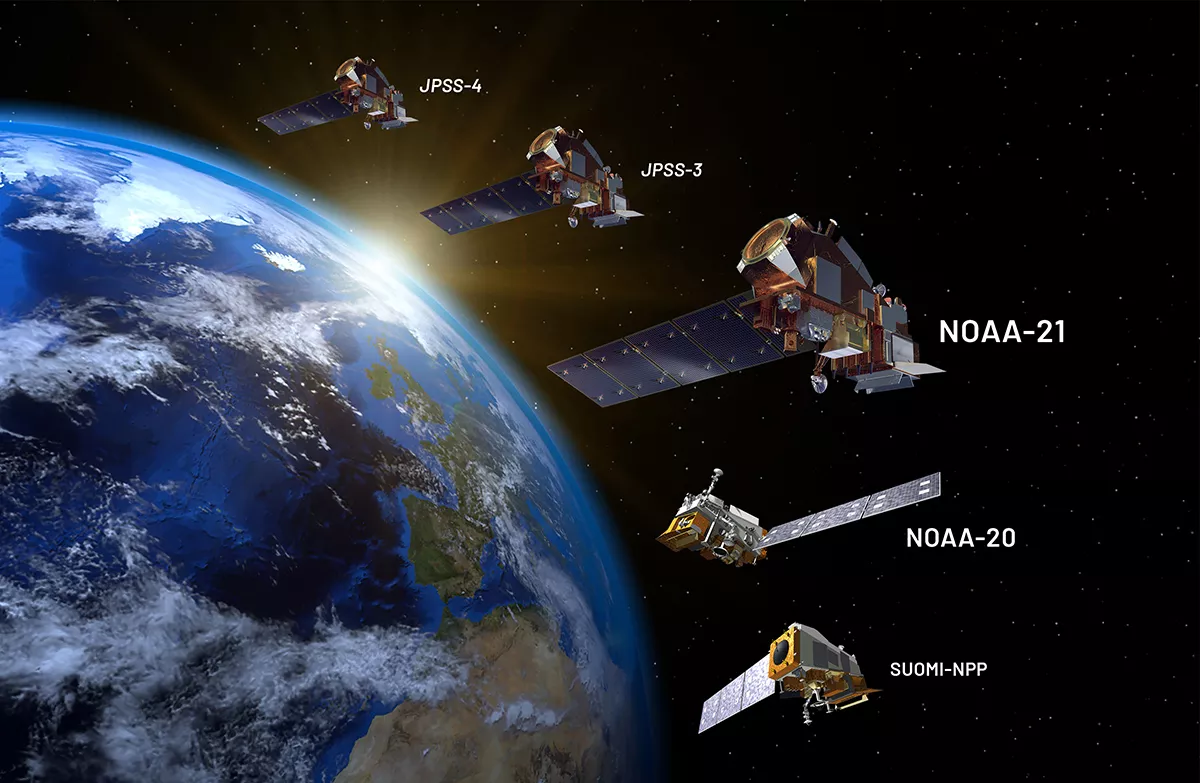
The five satellites scheduled in the fleet are the currently-flying NOAA/NASA Suomi National Polar-orbiting Partnership (Suomi NPP) satellite, NOAA-20, previously known as JPSS-1, NOAA-21, previously known as JPSS-2, and the upcoming JPSS-3 and JPSS-4 satellites.
Each satellite carries at least four state-of-the-art instruments, including the Advanced Technology Microwave Sounder (ATMS), the Cross-Track Infrared Sounder (CrIS), the Visible Infrared Imaging Radiometer Suite (VIIRS), the Ozone Mapping and Profiler Suite (OMPS). Some of the satellites, like Suomi NPP, NOAA-20 and JPSS-4, carry an instrument to measure the Earth’s energy budget: the Clouds and the Earth's Radiant Energy System (CERES) and Libera.
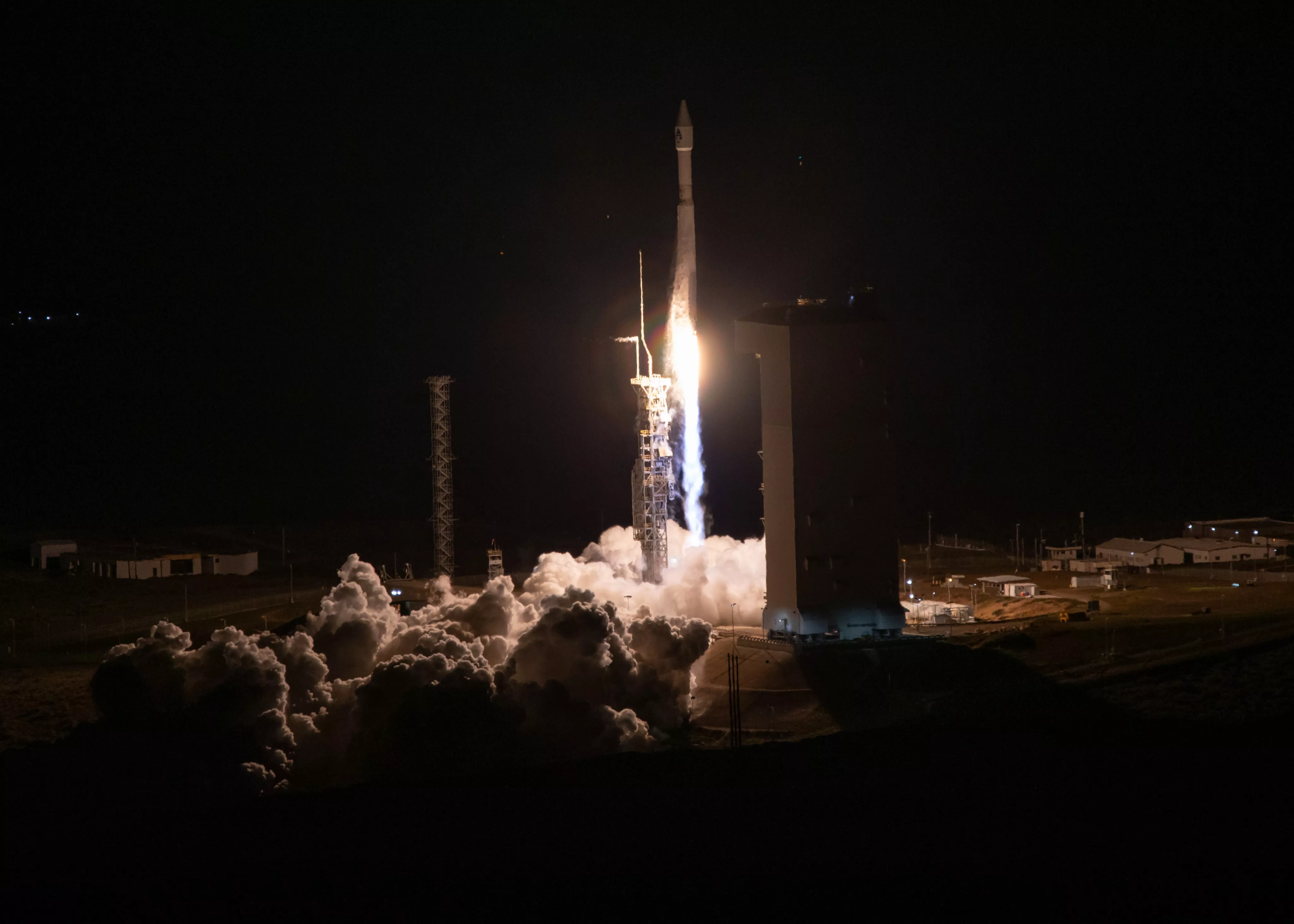
JPSS is launched form Vandenberg Space Force in California. The satellite needs to launch from the West Coast in order to get into the right position for a polar orbit.
NOAA-21, NOAA-20, and Suomi NPP Orbits
JPSS News
-
NOAA recently unveiled the first images from the Compact Coronagraph (CCOR-1) and the Solar…
-
NOAA recently unveiled the first images from the Compact Coronagraph (CCOR-1) and the Solar…

